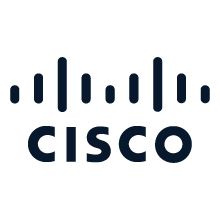Until a couple of years ago, everything was fine regarding my main use cases for Cisco Secure Firewall. I didn't have any problems with the equipment, quality, or support. However, in the last couple of years, they started making our lives difficult. Trying to renew the partnership with them became challenging as they were requesting numerous things on our side, and since we are a very small business, it wasn't possible to get through that verification.
Until a couple of years ago, everything was fine regarding my main use cases for Cisco Secure Firewall.
